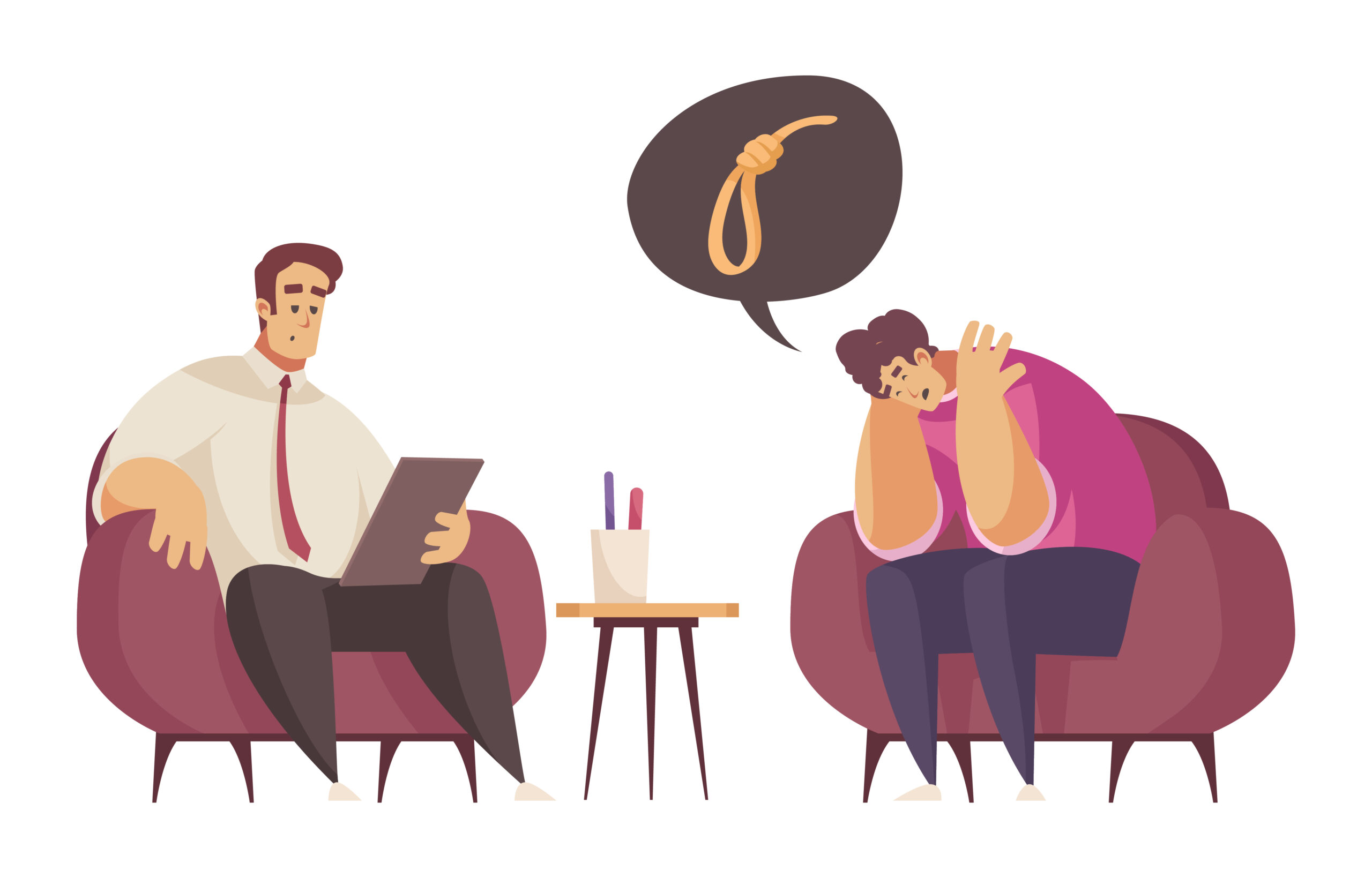Learn about suicidal thoughts, warning signs, causes, and risk factors. Discover practical steps for children, teens, and adults to stay safe and seek professional help.
What Are Suicide and Suicidal Thoughts?
Suicide is the act of taking one’s own life, often as a response to overwhelming stress or life challenges. Suicidal thoughts, or suicidal ideation, may occur when a person feels hopeless and believes that ending their life is the only solution. Understanding warning signs and seeking help can prevent tragedy—for yourself or someone you care about.
Warning Signs of Suicidal Thoughts
Be alert for the following indicators:
Talking about suicide, death, or wishing to be dead
Obtaining means to self-harm, such as pills or firearms
Social withdrawal and isolation
Extreme mood swings
Preoccupation with death, dying, or violence
Feeling trapped or hopeless
Increased use of alcohol or drugs
Changes in daily routines, including eating or sleeping
Engaging in risky or self-destructive behaviors
Giving away possessions or saying goodbye unusually
Noticeable personality changes or severe anxiety
Tip: Warning signs may not always be obvious and can vary from person to person.
Causes and Risk Factors
Causes
Suicidal thoughts often arise from feelings of inability to cope with overwhelming life situations. Genetic factors may also play a role, as suicide can run in families.
Risk Factors
Previous suicide attempts
Feeling hopeless, worthless, lonely, or socially isolated
Stressful life events (loss of a loved one, financial or legal problems, breakups)
Substance abuse
Access to firearms
Psychiatric disorders such as depression, bipolar disorder, or PTSD
Family history of mental illness, suicide, or abuse
Medical conditions linked to depression or chronic pain
Being LGBTQ+ in an unsupportive or hostile environment
Suicide in Children and Teenagers
Children and teens may experience suicidal thoughts due to:
Psychiatric disorders, including depression
Loss or conflict with friends or family
Physical or sexual abuse
Bullying or harassment
Alcohol or drug problems
Pregnancy or sexually transmitted infections
Confusion about sexual orientation
Exposure to suicide through peers, media, or online
Steps to Stay Safe and Seek Help
If you or someone you know is experiencing suicidal thoughts:
Talk to someone daily: Face-to-face interaction or crisis helplines can be lifesaving.
Create a safety plan: Include emergency contacts like doctors, therapists, friends, or family.
Maintain a daily routine: Keep regular meals, sleep, and structured activities.
Get outside and exercise: Sunlight, nature, and physical activity improve mood.
Engage in enjoyable activities: Even small pleasures can help improve perspective.
Set personal goals: Pursue hobbies, travel, learning, or volunteer work to build purpose.
Things to Avoid:
Being alone for long periods
Alcohol or drugs
Activities that worsen negative emotions
Ruminating on suicidal thoughts
5 Steps to Recovery
Identify triggers: Avoid situations or people that intensify despair.
Self-care: Eat healthily, sleep well, and exercise regularly.
Build a support network: Surround yourself with positive, caring individuals.
Develop new interests: Engage in hobbies, volunteering, or meaningful work.
Learn healthy coping strategies: Meditation, breathing exercises, and stress management techniques help prevent recurring suicidal thoughts.



